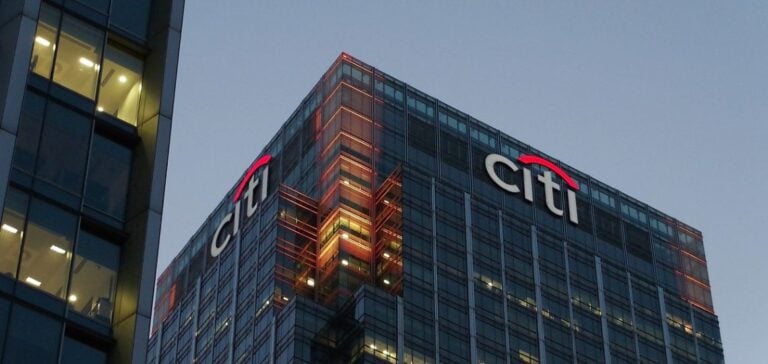Citigroup, a major player in the financing of fossil fuels, is coming under increasing pressure from environmental NGOs.
Since the beginning of the summer, the “Summer of Heat” campaign has been multiplying actions to denounce the bank, the main financier of the expansion of fossil fuel extraction projects since the Paris Agreement.
With $204 billion invested since 2016, Citigroup is at the heart of the criticism, with NGOs pointing to the inconsistency between these investments and global commitments to reduce greenhouse gas emissions.
Mixed reactions from the bank
In the face of these accusations, Citigroup maintains that its portfolio reflects the need to reconcile global energy needs with the transition to a low-carbon economy.
The bank highlights its commitment to invest $1,000 billion in sustainable projects and its decarbonization strategy.
However, these efforts are deemed insufficient by campaigners, who believe that investments in fossil fuels are undermining any meaningful progress towards carbon neutrality.
Growing support from the scientific community
The campaign also benefits from significant scientific support.
Over 750 researchers have signed an open letter to Citigroup, calling for a rapid and drastic reduction in greenhouse gas emissions, and a just transition to a clean energy system.
UN Secretary-General Antonio Guterres recently stepped up the pressure, denouncing continued investment in fossil fuels as the world’s “new epidemic”.
A turning point for the financial sector?
The implications of these moves could extend beyond Citigroup.
If the bank is forced to review its investment policy, it could influence the entire financial sector, particularly the other major US banks also involved in fossil fuel financing.
The sector faces a crucial question: how to align investment strategies with global climate objectives, while meeting current energy needs?






















